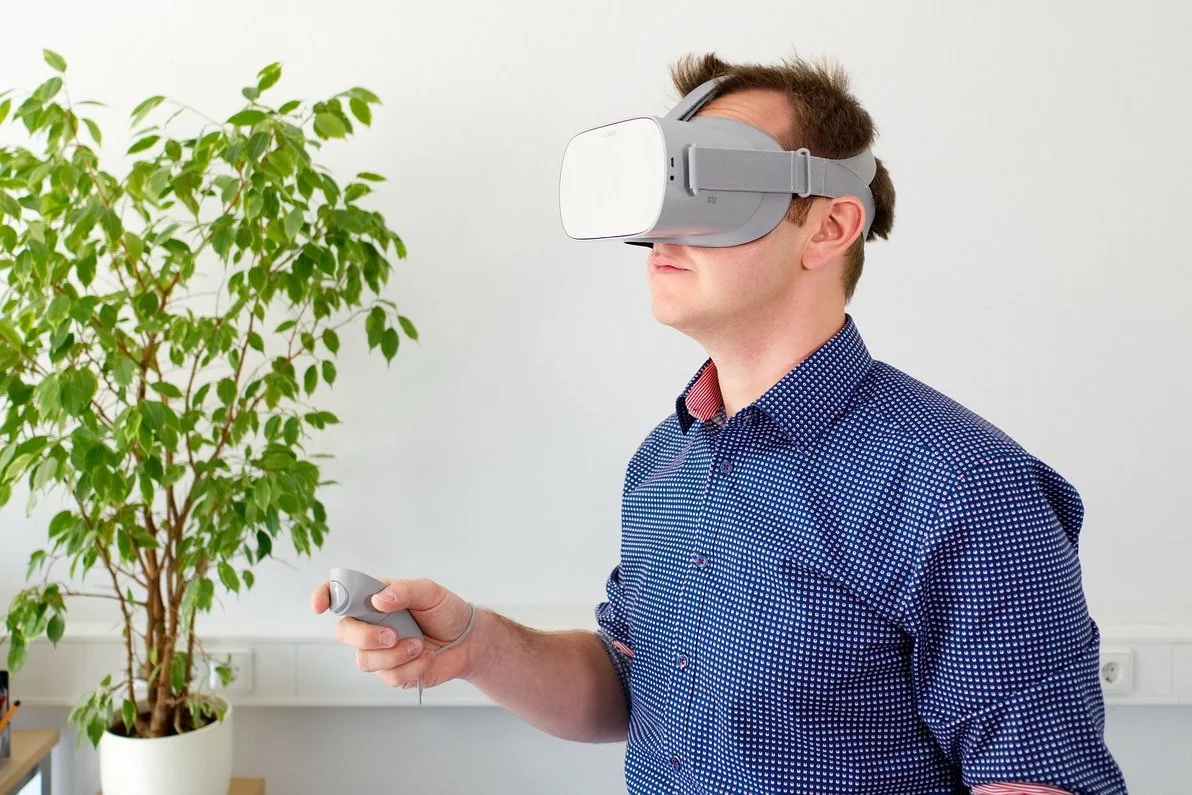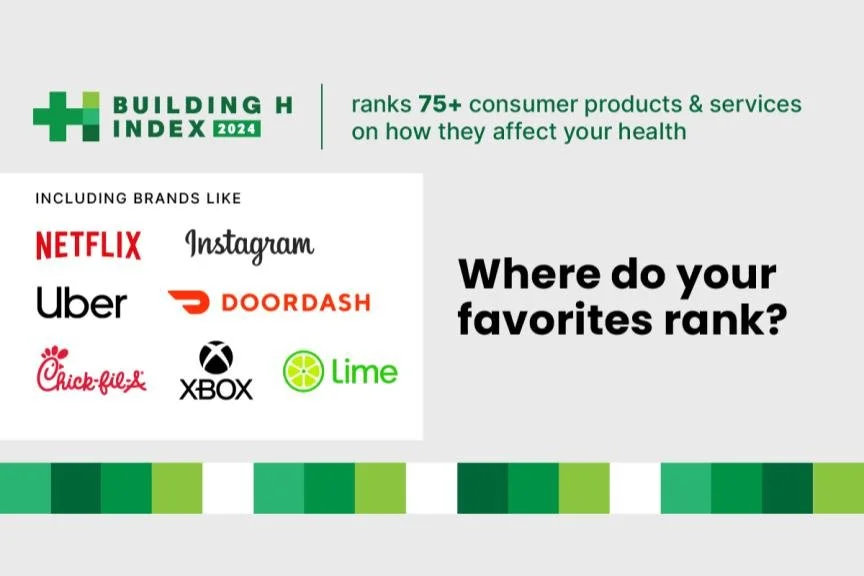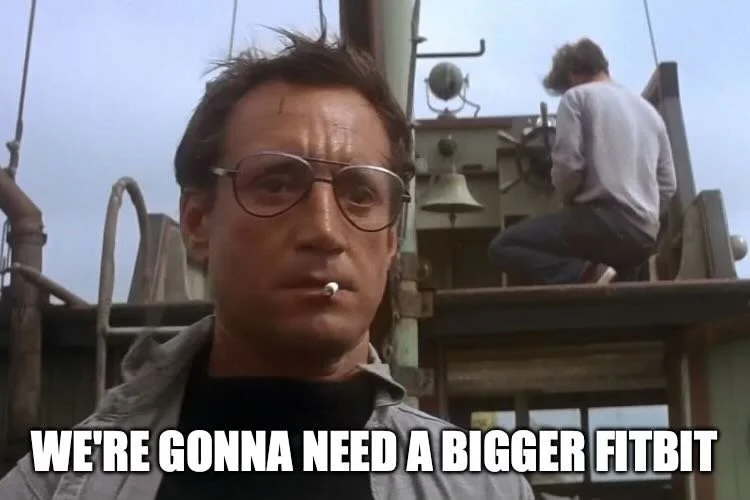Our co-founder Steve Downs joined Dr. Joshua Sharfstein, the vice dean for public health practice and community engagement at the Johns Hopkins Bloomberg School of Public Health, on the popular podcast Public Heath On Call. They discuss the Building H Index: what it covers, which products scored better than others, how we did it, and — importantly — why we created the Index.
Read MoreAs regular readers know, Building H developed a rating system — the Building H Index — that measures the affects of products on their consumers. It’s a 1-100 scale where 50 and above can be considered a “good” score - a net positive for human health - and below 50 would be a “bad” score, or a net negative for health. We released the last index this past October, and we’ve been looking for ways to make it even more impactful. One idea: Might our Index be something that investors might use in evaluating their portfolios - especially so-called socially responsible investing?
Read MoreThere’s been a recent spate of commentaries arguing that we’re on the verge of artificial general intelligence (AGI, in the current jargon). New York Times tech reporter Kevin Roose wrote recently, in his piece Powerful A.I. Is Coming. We’re Not Ready: “I believe that very soon — probably in 2026 or 2027, but possibly as soon as this year — one or more A.I. companies will claim they’ve created an artificial general intelligence, or A.G.I., which is usually defined as something like “a general-purpose A.I. system that can do almost all cognitive tasks a human can do."
Read MoreComfort food is supposed to make us feel better - it’s right there in the name. And indeed, most people choose comfort foods when they want to feel better (see chart, below, from a 2019 survey). But does it actually make us feel better - as in, does it improve our mental health? And are there other foods they might actually do the job better?
Read MoreWe’re seeing a troubling increase in deaths of young people. In a new study, sociologist Elizabeth Wrigley-Field and her colleagues analyzed mortality data for US adults aged 25-44 and found a 70% increase in mortality in 2023 as compared with what would have been expected had 2011 rates continued. That translates to more than 71,000 excess deaths in this age group in 2023 alone.
Read MoreOur co-founder Thomas Goetz joins hosts Halle Tecco and Michael Esquivel on the Heart of Health Care podcast to discuss the origins of Building H, why it’s so hard for Americans to be healthy, the Building H Index and how to get companies to create products that make it easier for people to live healthy lives.
Read MoreWhen the Chiefs take on the Eagles in Super Bowl LIX this Sunday, one thing is certain: tens of millions of Americans will collectively bet more than a billion dollars on the game – and not just on the final score, but also on the most minute aspects of the game and even on the non-sports elements, such as the length of time Jon Baptiste holds the note of the final “brave” in the national anthem and whether Travis Kelce will pop the question to Taylor Swift.
Read MoreA couple of recent developments on the nutrition front caught our eye. First, as expected the FDA released its final rule on when food manufacturers can claim that a food item is “healthy.” The rule hadn’t been updated in three decades and we now have 300 pages of very precise standards dictating, for example, how much added sugars, sodium and saturated fats can be included in a “vegetable product” and still be called “healthy.” The controversy over the rule seems a bit ironic because the rule isn’t likely to have much impact.
Read MoreSelf-driving cars have been the future for some time now. They have followed the Gartner Hype Cycle in predictable fashion, peaking several years back when we could extrapolate the progress to perfection and before a few highly publicized fatal accidents, after which their apparent lack of progress seemed to consign them to the realm of revolutions that weren’t. But, true to Gartner, they’ve been steadily working their way up the Slope of Enlightenment in the form of self-driving taxis in large cities.
Read MoreWe've shared a lot of stories on how tech, design and everyday life affects our health in our newsletter this year. Here’s a list of the ten stories that were most popular with our readers, along with what we said of them.
Read MoreWellness is back! With your personal life coach and raw milk subscription and supplements regimen, you are on the vanguard of the new age of personal health empowerment. And now everyone’s favorite wellness guru, Robert F. Kennedy Jr., is poised to take over as Secretary of Health and Human Services. We live in the healthiest of times. And - oh yeah - the unhealthiest of times, with chronic disease at record levels and all the trend lines going the wrong way.
Read MoreIn her excellent article for Slate, “Welcome to the Human Doom Loop,” the writer and urban policy specialist Diana Lind describes and – crucially – names a phenomenon that should be familiar to readers of our newsletter.
Read MoreIf you want to put your ear to the heartbeat of American consumption, take a listen to Walmart’s earnings calls, where the retailer tells Wall Street how the past quarter has gone financially. There was one such call this week, and CEO Doug McMillon said something intriguing: “We're feeling some margin pressure from growth in GLP-1 drugs, so we're pleased to see general merchandise sales be positive.”
Read MoreShould companies be accountable for how their products affect consumers’ health? We think so – and so we did something. Today we released the 2024 Building H Index, which rates and ranks more than 75 popular products and services from companies like Netflix, Uber, Apple, Chick-fil-A and Doordash, on how they affect the health of their users.
Read MoreEver since limes and sauerkraut were discovered as cures and preventatives for scurvy in the 18th century, food has been leveraged as a powerful tool for preventing disease and advancing health. In the 20th century, supplemented foods - adding iodine to sale, boosting milk with vitamin D, even adding fluoride to public water systems - created huge public health benefits, turning the ubiquity of mass-consumed foodstuffs to prevent common diseases.
Read MoreHow might we reimagine online grocery services to be healthy by design? We wanted to explore this question, so we challenged a team of graduate students from the Master of Human-Computer Interaction and Design program at the University of Washington, to create a speculative service design. The result: Social Grocer.
Read More“The typical American, it seems, texts a bunch of people ‘we should get together!’ before watching TikTok alone on the couch and then passing out,” writes Olga Khazan in her article “The Friendship Paradox” for The Atlantic. Khazan delves into a recently published study in which 6,000 American adults were surveyed about their friendships, which showed that the loneliness epidemic that we’ve all been hearing about is actually quite complex.
Read MoreThe big social media platforms have long been blasted for extractive business models that optimize for attention, engagement and time on the platform. We’ve almost become numb to stories about toxic behavior, misinformation, bots, growth hacking and all the cynical techniques that the platforms use to keep people coming back and staying on. What if there were a different story, one in which tech actually builds community, where the goal of online communication is to foster more in-person interaction?
Read MoreNearly 15% of American adults now live with diabetes. That’s a 15-fold increase over the course of 2-3 generations. Nearly 30% of Americans over 65 now have it. As an epidemic it has grown consistently and relentlessly. It is a national tragedy. It is also a massive industry.
Read MoreFast Company recently published an article, from researchers Scott Conger, David Basset and Lindsey Toth, looking at physical activity around the world over the past couple of decades. Fitness tracker sales soared for years without boosting physical activity, analysis shows. In the studies they examined, which covered eight industrialized nations and were conducted from 1995 to 2017, they observed a fairly consistent pattern of declining physical activity in both men and women and in each of the countries.
Read More



















